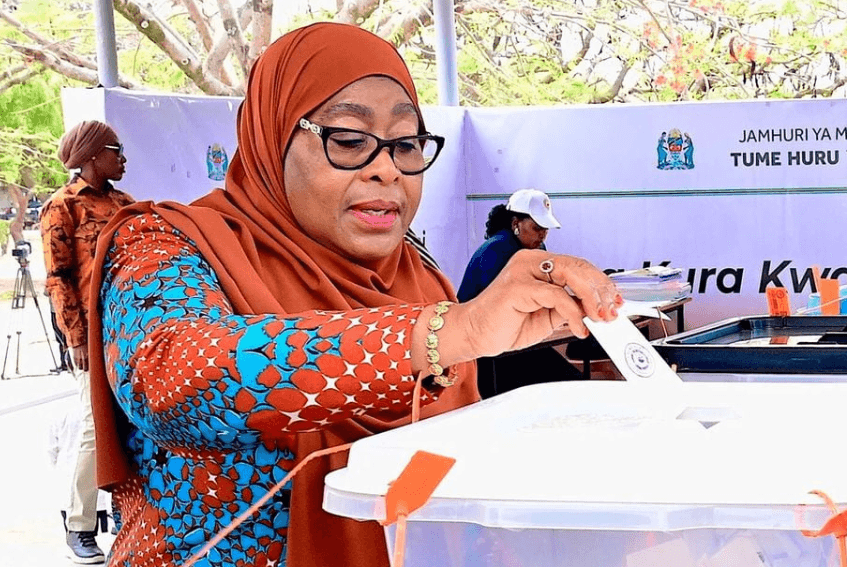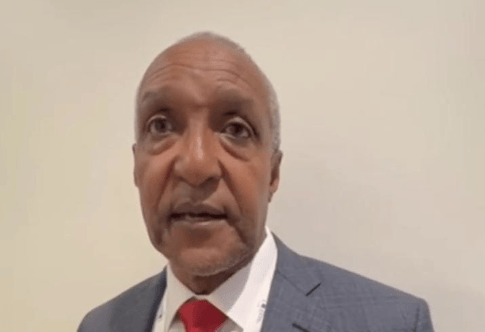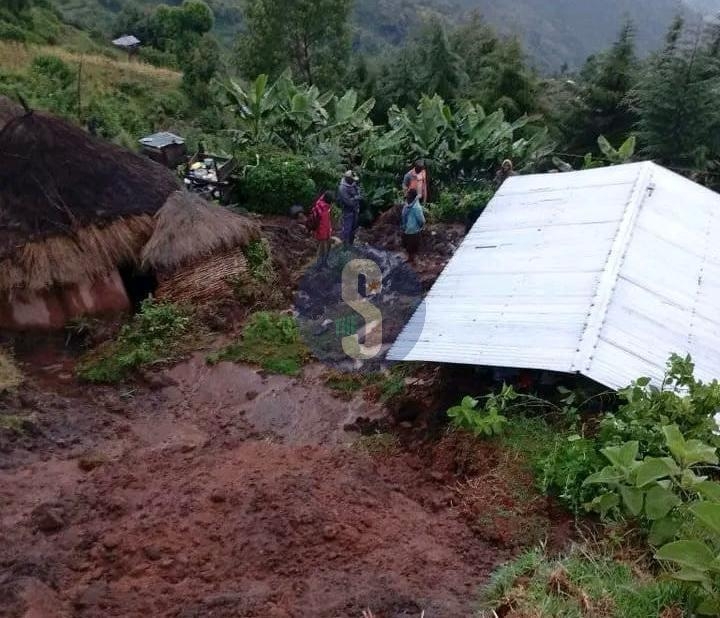The Port of Mombasa could face a major hiccup in cargo evacuation, clearing agents now warn, in the wake of a planned policy shift by Kenya Ports Authority.
This comes amid fears the Mombasa could witness a shift to Dar es Salaam by traders dealing in transit cargo to and from neighbouring landlocked countries, mainly on favourable terms being extended by the neighbouring port.
Under their lobby– Kenya International Freight and Warehousing Association (Kifwa), the agents are worried that the decision by KPA to end the use of ledger guarantee accounts effective July 1, will affect business.
A section of port users have been relying on ledger accounts, which act as credit facilities, to acquire KPA services with later settlements.
“ There are many benefits associated with transacting through ledger accounts and therefore we fear that the new directive if implemented without clarity, could be detrimental to timely and cost effective cargo clearance and evacuation from the port,” Kifwa national chairman Roy Mwanthi told the Star yesterday.
He said while agents acknowledge that the authority has a right to come up with policies that will ensure timely revenue collection, with a view to enabling better service delivery, stakeholder engagements on the same should be done.
KPA’s decision is pegged on huge outstanding debts under the system, which it says has strained its finances and affected operations.
“Beginning July 1, 2023, the authority will render services on a cash basis,” managing director William Ruto said in a letter dated June 6.
This means traders will only get services after paying with main channels being banker's cheques, Real Time Gross Settlement (RTGS) or electronic transfer and other available methods such as mobile banking.
Account holders are required to settle all pending or outstanding invoices before June 30, after which the authority plans to recall all guarantees with banks.
“The authority has therefore given those customers one month grace period to clear all outstanding debts, failure to which the concerned customers will be denied port services and access to port facilities until the debt is cleared,” Ruto said.
KPA has appointed a dispute resolution team to settle any outstanding cases and enable customers regularise their accounts.
It plans to hold stakeholders engagement forum on the planned changes, KPA Corporate Communication’s department has affirmed.
Kifwa has however argued that only defaulters should be punished.
“ The association has asked KPA to vacate the notice until when it will have scrutinised all account holders, and customers found to have defaulted given ample time to lodge disputes, if any with the appointed dispute resolution team,”Mwanrthi said.
Those to be affected include shippers, clearing agents and importers, with concerns the move could lead to a drop in business and delayed cargo clearance and subsequently push up demurrage and storage charges.
This will favour the Port of Dar es Salaam for transit cargo, traders say.
There are also fears of increased costs in securing bankers cheques; with mobile money daily transaction limits also another concern that clearing agents say could delay processes.
Last week, the Shippers Council of Eastern Africa (SCEA) called on KPA to deal with firms that have misused the ledger facility, instead of unilaterally punish all clients.
It warned of possible delays in processing payments hence exposing traders to port storage charges.
There are concerns that friendlier terms at Dar es Salaam could see Mombasa continue loosing to the neighbouring port, which has in the last two years swayed about 10 per cent of transit cargo traffic to its favour.
Dar es Salaam, Djibouti and Berbera ports toppled Mombasa in the latest World Bank’s ranking on the most efficient ports, covering the year 2022.
The Global Container Port Performance Index ranks Mombasa at position 326 out of the 348 ports worldwide that were assessed, with the Tanzanian port at position 312.
The Kenya Economic Survey 2023 shows the number of ships that docked at the Port of Mombasa decreased by 4.5 per cent from 1,635 in 2021 to 1,561 in 2022.











![[PHOTOS] Elgeyo Marakwet landslide victims arrive in Eldoret for care](/_next/image?url=https%3A%2F%2Fcdn.radioafrica.digital%2Fimage%2F2025%2F11%2F425460d9-7ff1-4975-8a1f-cd0aaefb7812.jpg&w=3840&q=100)
